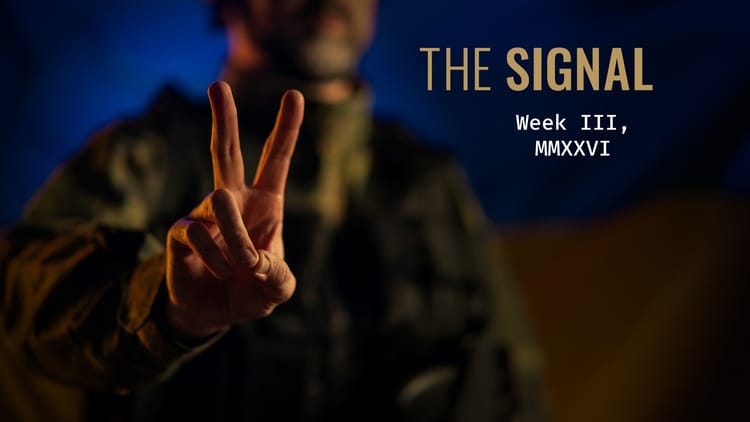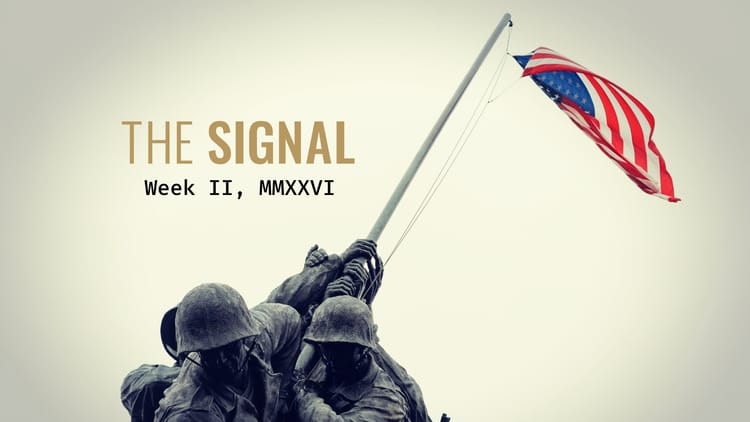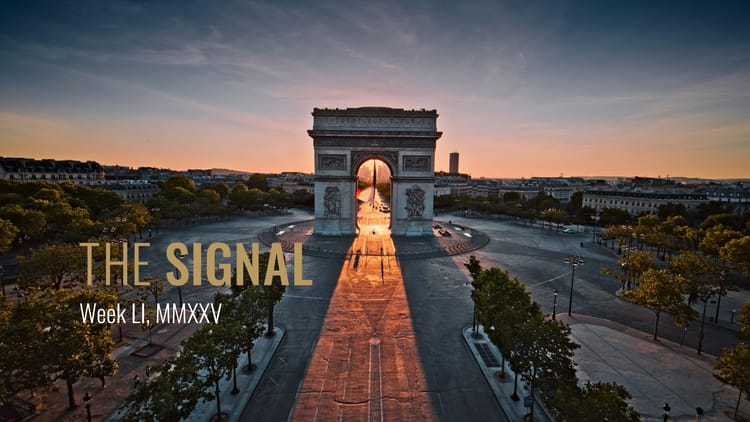Interpretation codes
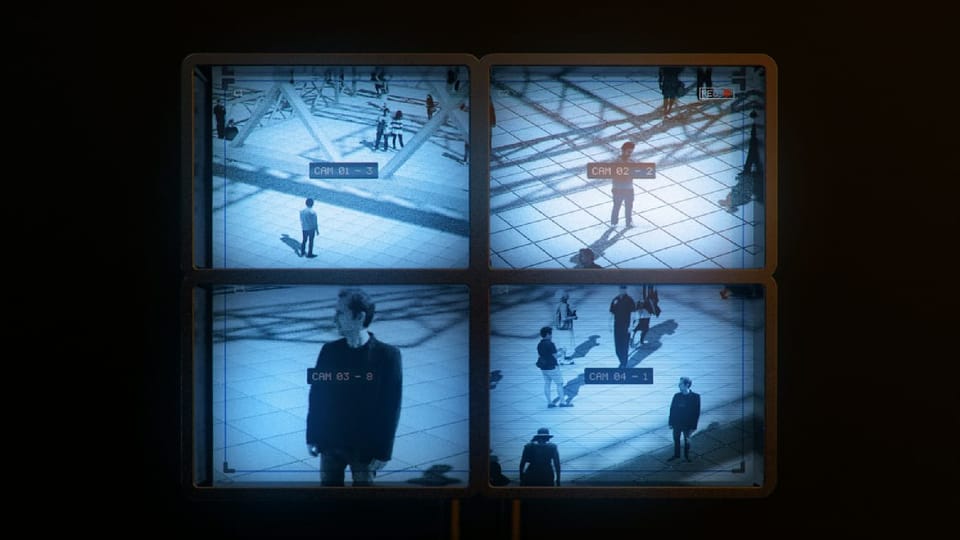
& How Bolivia’s 20-year socialist dynasty crumbled overnight to a wine-country mayor nobody saw coming.
President Xi Jinping celebrates 60 years of occupying Tibet. … Moscow strikes an American factory mid-peace talks. … Uganda joins in on the U.S. administration’s deportation-outsourcing scheme. … Thaksin Shinawatra beats a royal-defamation rap in Thailand. … & Spain and Portugal burn as locals grab fire hoses.
+ Why the sudden, big drop in tech-company share prices? Checking our sources with Daron Acemoglu.
Also this week: Why does North Korea keep threatening South Korea without ever going to war? Michael Breen on theater and reality in one of the most enigmatic places on Earth.
+ New works from Matthew Ford, David D. Kirkpatrick, Emma Ashford, Soumitra Shukla, Richard Wollheim, and Eric T. Jennings—with new music from Cameo Blush, Bitterviper, and Farshad Akbari.
& Weather report: 40.4830° N, 4.0876° W …
The member’s despatch, Week XXXIV.
A UN-backed consortium’s declaration of famine pits its starvation data against Israeli aid statistics—both sides citing real numbers that support opposite conclusions. The convicted American sex trafficker Ghislaine Maxwell gives the U.S. Justice Department exactly the testimony the Trump administration needs. Meanwhile, North Korea continues showing how fearsome its military is without ever going to war.
None of these developments is directly related to any of the others, but each raises a comparable challenge: They’re complex and resist easy interpretations. Gaza’s competing evidence might reflect genuine disagreement, deliberate manipulation, or something else entirely. Maxwell’s statements could be calculated lies, convenient truths, or both. North Korea’s ongoing demonstrations of war-readiness might be signs of real aggression, or its desire to appear seriously aggressive may be motivated by another agenda altogether.
Ambiguity at scale can be psychologically exhausting. And the temptation from there can be to settle almost involuntarily on whatever reading feels most comfortable—or least uncomfortable—either most aligning with what we already think or least provoking the kind of uncertainty that even subtly threatens it. Which is tough, because at some level, we all know this works against us. We all know that to understand and navigate the world effectively, our comfort-maximizing, discomfort-minimizing biases just aren’t reliable—maybe at all, but certainly not in a world as complex and fast-changing as this one.
Ambiguity at scale—it’s the central problem we created The Signal to address. Over the past few years, we’ve refined our approach, developing a rich archive along the way. Over the next few weeks and months, you’ll see step changes to it here, from a new website to new opportunities to participate in our community. The Signal will break over the coming week, returning at the beginning of September.
Meanwhile, we have some questions for you. Next week, a survey will come your way; thanks in advance for taking a couple of minutes with it. We expect you’ll find it interesting; your answers will help us shape the future of The Signal; and we very much look forward to seeing them.
Our inbox is always open—for your questions, feedback, and ideas. Email us: concierge@thesgnl.com.
& Please stand by.
—John Jamesen Gould
The Signal—your loyal guide to a changing world. The member’s despatch—your weekly briefing on current affairs.
More than the news, every week, for less than that cup of coffee.
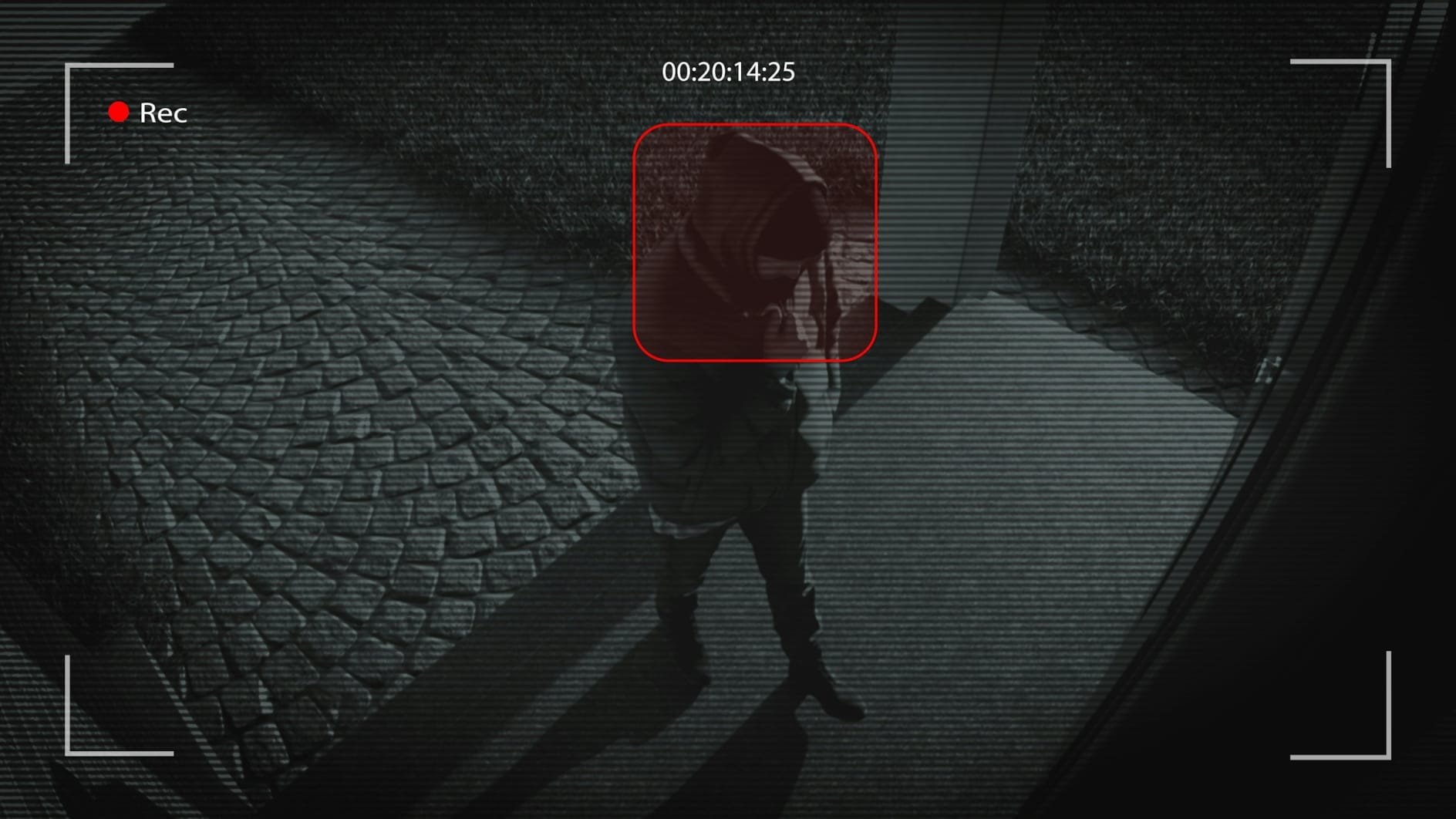
Developments
The world in brief, August 16-22
Famine and the fog of information war
On Thursday, the UN-backed Integrated Food Security Phase Classification declared famine conditions in northern Gaza, making this only the fifth IPC-confirmed famine in the organization’s 20-year history—and the first ever in the Middle East.

